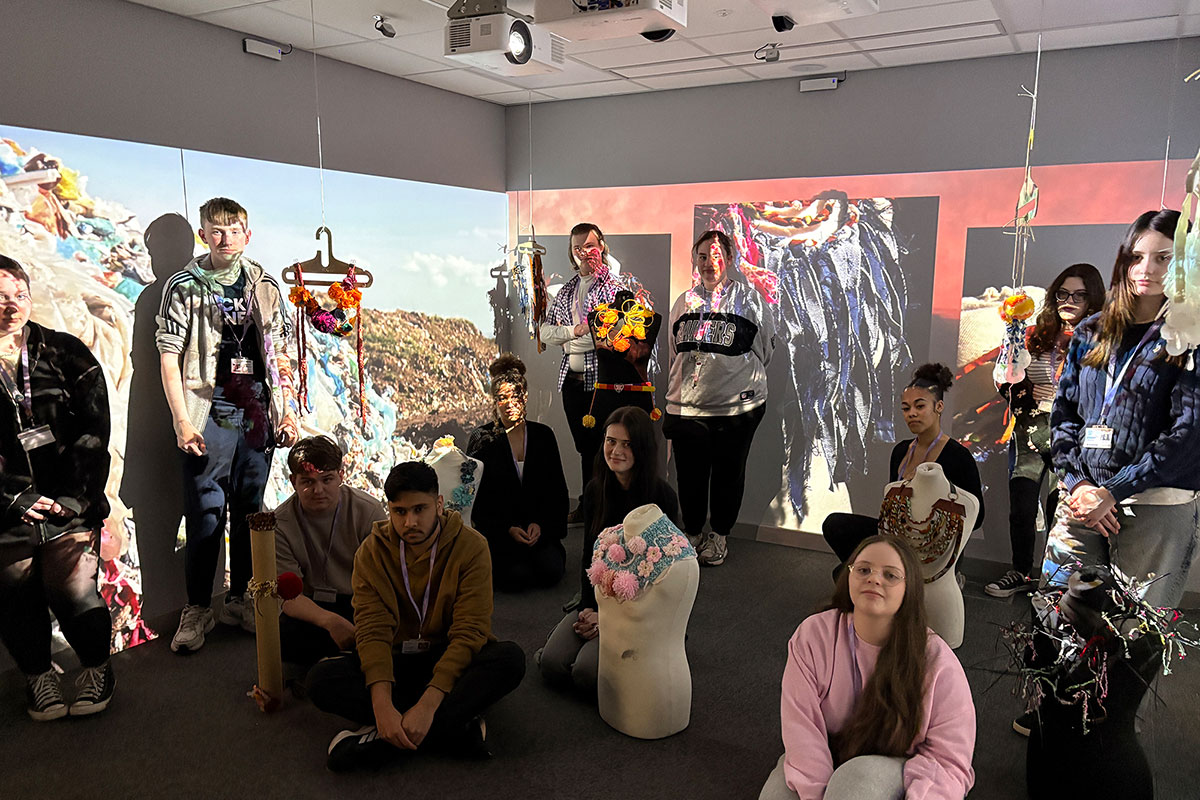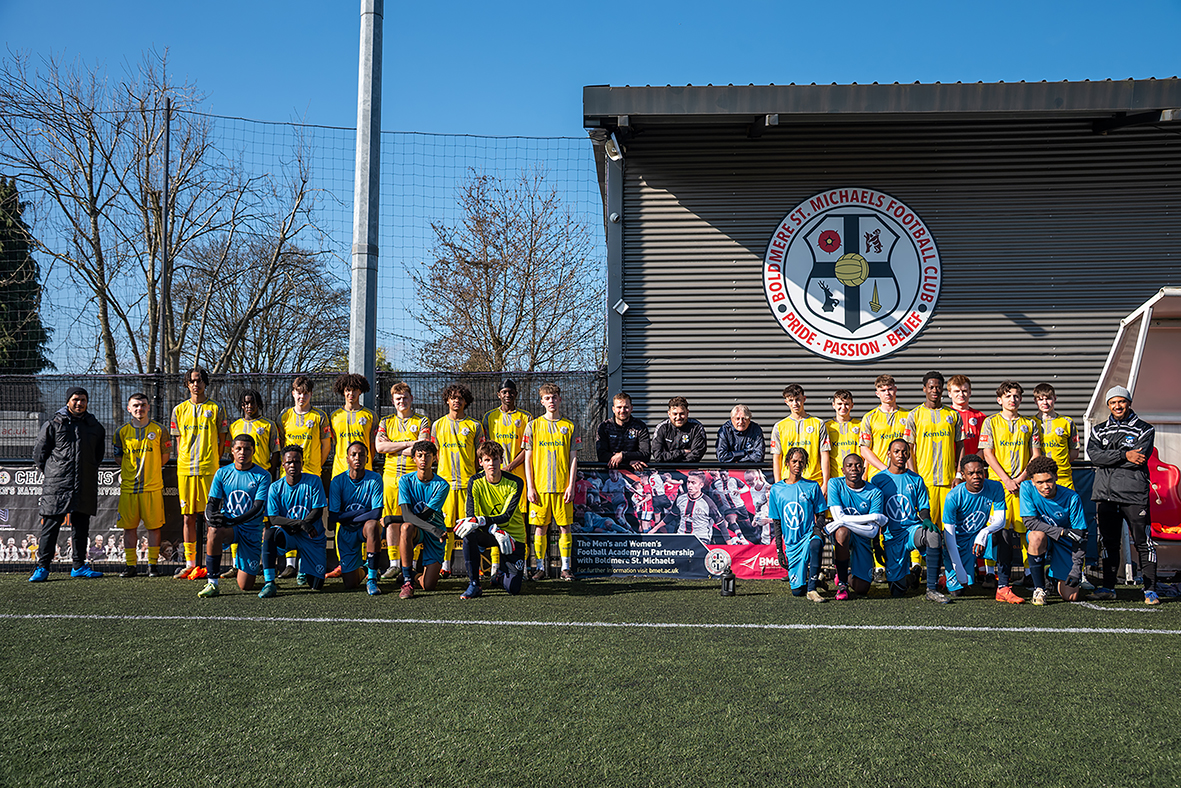EdTech: What’s needed to set students and educators up for success in 2023

The global pandemic has magnified educational challenges, yet digital transformation in the education sector has accelerated immeasurably, driving change across primary, secondary, and higher education. All signs suggest this will continue in 2023.
Across the Globe, traditional education is undergoing a major shift. Many existing educational challenges have been magnified by the global pandemic, and digital transformation in the education sector has accelerated immeasurably, driving change across primary, secondary, and higher education. All signs indicate this will continue in 2023.
Digital learning technologies such as virtual learning environments have opened new avenues for accessible and immersive schooling. Since the pandemic, vernacular learning, re-skilling, up-skilling, and micro-credentials are some trends that have become popular and are only expected to grow in the coming year. However, what else is in store for education in 2023?
Students and teachers are demanding convenience and flexibility
In 2023, students will continue to want the flexibility and convenience of learning from anywhere. However, they still appreciate the in-person university experience. A recent global survey conducted by Instructure found that more than half (51%) of UK respondents want more technology as part of their in-person classes. In addition, nearly half of UK students want a hybrid course experience, while more than half of educators want to teach courses in a hybrid environment. Flexibility plays a key role here. Institutions need VLEs that enable them to offer teachers and students the tools to teach and learn in the format that suits them best, whether that is hybrid, in-person, or online.
Flexible learning enables students to gain more autonomy and accountability over their education. They can find a balance between pursuing a degree and furthering their learning in addition to their other commitments – a job, family, or both. On the other hand, for educators, having access to VLEs, data, and analytics allows them to provide more flexible and personalised learning and make informed decisions to help improve student outcomes.
Competency-based and skills-based learning is growing in demand
Students around the world, but particularly within the UK, are currently facing a number of financial challenges due to the cost of living crisis. There is a need for universities to equip them with skills for future employment and, for those already in the workforce, to advance and gain better job opportunities.
According to the report from Instructure, nearly two-thirds (61%) of UK respondents believe preparing students for a career path after graduation, whether they are traditional or part-time students, or mid-career, remains a primary concern. 70% of UK respondents stated skill diversity for work readiness is very or extremely important for student success, with 72% of UK students stating skills-based learning is very or extremely important.
Micro-credentials are becoming more popular
Students are using micro-credentials to learn about technologies and platforms they’ll use in the world of work in addition to traditional qualifications, such as those related to Google, IBM, or AWS. Not only does this make students more employable out of university, but it also enables professionals to quickly upskill, rather than going through traditional degree programmes to advance their careers.
The psychological well-being of students is at the forefront of the conversation on student success
Prioritising conversations around mental health will be a key focus. Ensuring everyone involved in the education process has access to the tools and resources they need to thrive in and out of the classroom is paramount to institutional outcomes. Recent reports state that the number of UK students suffering from poor mental health has reached an all-time high. Instructure’s report revealed that of those surveyed, 90% believe psychological well-being impacts student success, with 88% stating access to mental health resources have affected student well-being.
As the university experience continues to evolve in a post-pandemic world, we’re seeing mental health care becoming an increasingly important part of the higher education system. For example, the University of Wolverhampton created PACE, a solution developed in collaboration with other learning institutions, to address the mental health difficulties of students who undertake placement learning, and that is accessible directly in their virtual learning environment (VLE), Canvas. PACE uses innovation and an intersectional approach to recommend relevant mental health resources to help students manage the challenges that come with placement learning.
Institutions that take a holistic approach to learning by addressing mental health needs will have a greater impact on overall student success.
Edtech to unlock new possibilities in 2023
The role of edtech and VLEs in the evolution of these trends indicates a new chapter in education in 2023, with education gradually undergoing a paradigm shift in the next year as students are demanding more flexibility and the use of technology both for fully online courses and in the in-person classroom. This will pave the path for more opportunities and diverse learning for dynamic careers of the future. As new technologies, such as AI generated content, emerge and are readily available to students across the globe, institutions will need to be equipped to navigate their institutional learning policies and monitor the usage of new technologies.
By Daniel Hill, Vice President of Instructure in EMEA











Responses